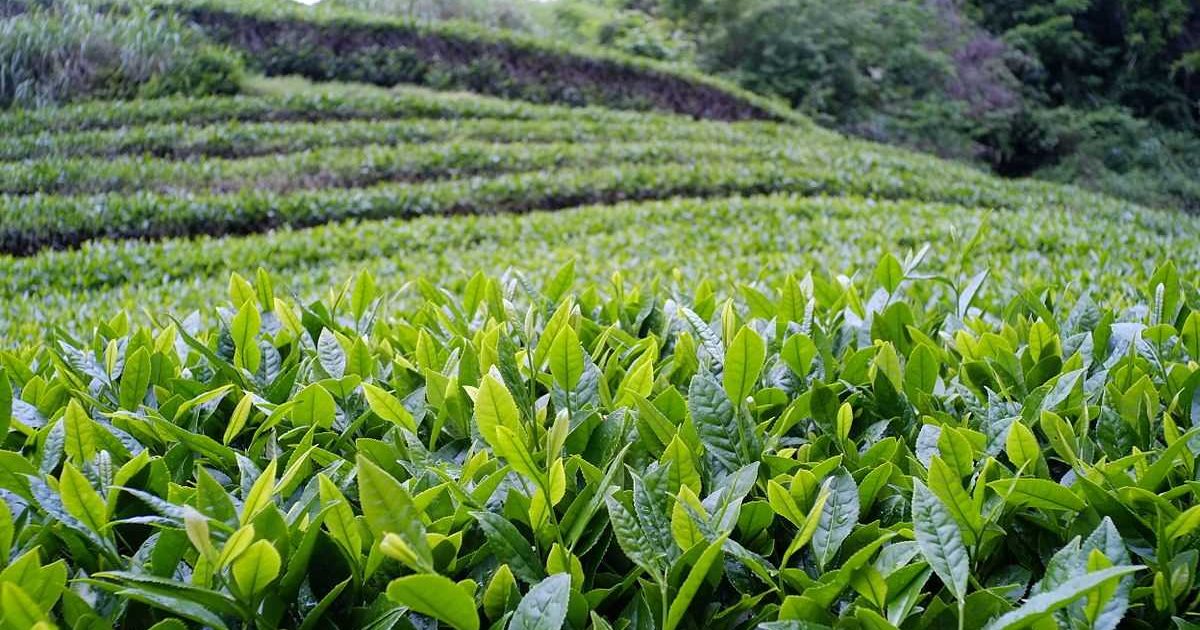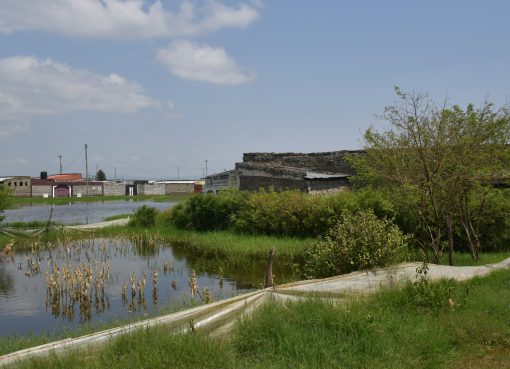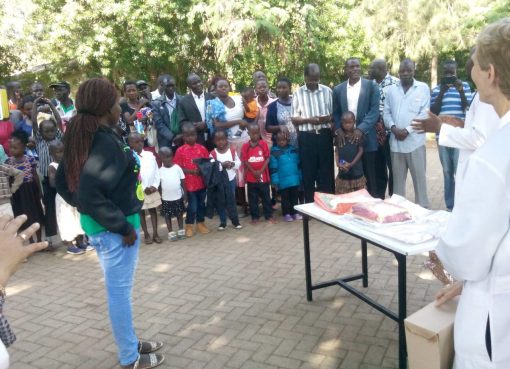The government has a set of a robust and progressive tea regulation to steer the tea sector to greater heights.
The farmers will be the biggest beneficiaries of these tea regulations that have been set once implemented.
Speaking during the announcement of the final tea regulations 2020 after the public consultation process at Kilimo house, Agriculture Cabinet Secretary Peter Munya said farmers have for a long time suffered under hands of cartels and therefore the regulations will re-balance power and influence wielded by value chain players.
“There will be reduction of unnecessary cost burdens imposed on vulnerable tea farmers as these regulations will significantly improve productivity and efficiency in the tea value chain, create transparency and accountability among value chain actors including auction organizers, improve competitiveness of tea exports in the international market and generate more earnings to the country and farmers from tea exports”, he added.

The CS said the Key highlights of the regulations is that all teas processed and manufactured in Kenya for the export market with the exception of orthodox and purple tea shall within 2 months from the date of commencement of the regulations be offered for sale exclusively at the auction floor.
“Sale of tea by private treaty is outlawed and any tea not sold at the auction shall be relisted for sale during the subsequent auction”, Munya added
All buyers at the auction, the CS added shall prior to the auction submit to the authority a performance bond equivalent to 10 percent of the estimated value of the tea or teas they intend to buy at the auction in the form of a bank guarantee from a licensed commercial bank.
The regulations have also incorporated reduction of brokerage fee from 1.50 percent of the value of tea sold to 0.75 percent with the farmers paying 0.2 percent and buyers paying 0.55 percent respectively.
There has been reduction of the number of directors for Smallholder tea factory limited companies to three (3) as well as reduction of the directors servicing small holder tea factory limited companies to two terms of three years each.
“By ending this , government will be addressing capture of cartels that has been continuously been preserved by numerous value chain players for years subjecting the smallholder farmers to endless suffering.
The government, Munya further said that the regulations will outlaw persons who are not tea growers, commonly known as “soko-huru”or “mukohoro” from engaging in the business of buying and selling green leaf to tea factory limited companies.
For any exporter to ship tea from the country they must have put in 40 percent value addition to their tea and this will be in a duration of 8 years for buyers who have been in operation and five years for new buyers coming into the market “, Munya said adding that failure to this will see the exporters loosing their licenses.
The regulations have also reduced the management agency fees for smallholder tea factories from 2.5 percent to 1.5 percent of the value of tea sold as well as removal of the requirement for registration of commercial green leaf transporters.
The regulations have been forwarded to the Attorney General office for legal scrubbing after whey they will be published by the minister and forwarded to parliament for discussion and final approval,
Munya further said that in the next one week he will appoint a taskforce to spearhead implementations of the regulations.
On 14th January, 2020, President Uhuru issued a raft of directives on the management of the tea value chain with a view to improving operational efficiencies of various actors and guarantee better earnings for the tea farmers.
The President had stated that unless broad policy, administrative and regulatory reforms targeted at operational efficiency improvements in the entire value chain are undertaken, the performance of this sector will remain underwhelming with adverse cascading impact on the macro economy and tea farmers.
Specifically, the President called for reforms in the roles played by Kenya Tea Development Agency (KTDA), Tea Brokers, Tea Buyers and the entire Tea Auction System in order to guarantee tea farmers fair and decent earnings for their labour.
By Wangari Ndirangu




